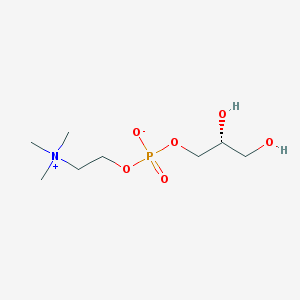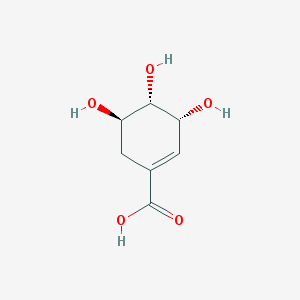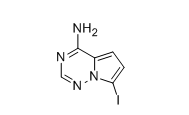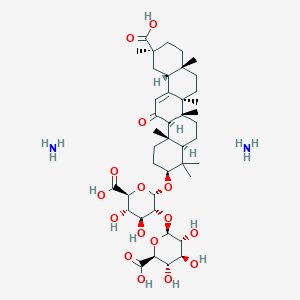Description
Choline Alfoscerate (L-Alpha glycerylphosphorylcholine, alpha-GPC) is a choline molecule found naturally in the brain. It is also a parasympathomimetic acetylcholine precursor with promise for Alzheimer’s disease and other dementia treatments. Choline Alfoscerate is a biosynthetic precursor of acetylcholine and quickly delivers choline to the brain across the blood-brain barrier.
Benefits:
- Cognitive Function: Alpha-GPC is well-known for enhancing memory, concentration, and learning capacity. It’s often used in nootropic supplements for cognitive enhancement.
- Neuroprotective Properties: It may help in the prevention and treatment of conditions like Alzheimer’s and other forms of dementia by supporting brain health.
- Physical Performance: Some studies suggest that Alpha-GPC can increase power output in athletes, making it popular among fitness enthusiasts.
- Recovery from Stroke and Brain Injuries: There’s evidence suggesting it can aid in the recovery of cognitive function after a stroke or brain injury.
Applications:
- Dietary Supplements: Commonly used in over-the-counter nootropics and brain health supplements.
- Medical Treatments: In some countries, it’s prescribed for cognitive symptoms of Alzheimer’s disease and other dementias.
- Sports Nutrition: Included in some pre-workout supplements to enhance power output and muscle strength.
Main Usage:
- Dosage and Administration: Typically taken orally, the dosage can vary depending on the purpose of use. For cognitive enhancement, doses range from 300-1200 mg per day. Athletes might use different dosages for physical performance enhancement.
- Combination with Other Supplements: Often combined with other nootropics like Bacopa Monnieri, Huperzine A, or Omega-3 fatty acids for enhanced cognitive benefits.
- Research and Studies: Ongoing research is exploring its broader therapeutic applications, including its potential effects on mood disorders and brain health in the elderly.





